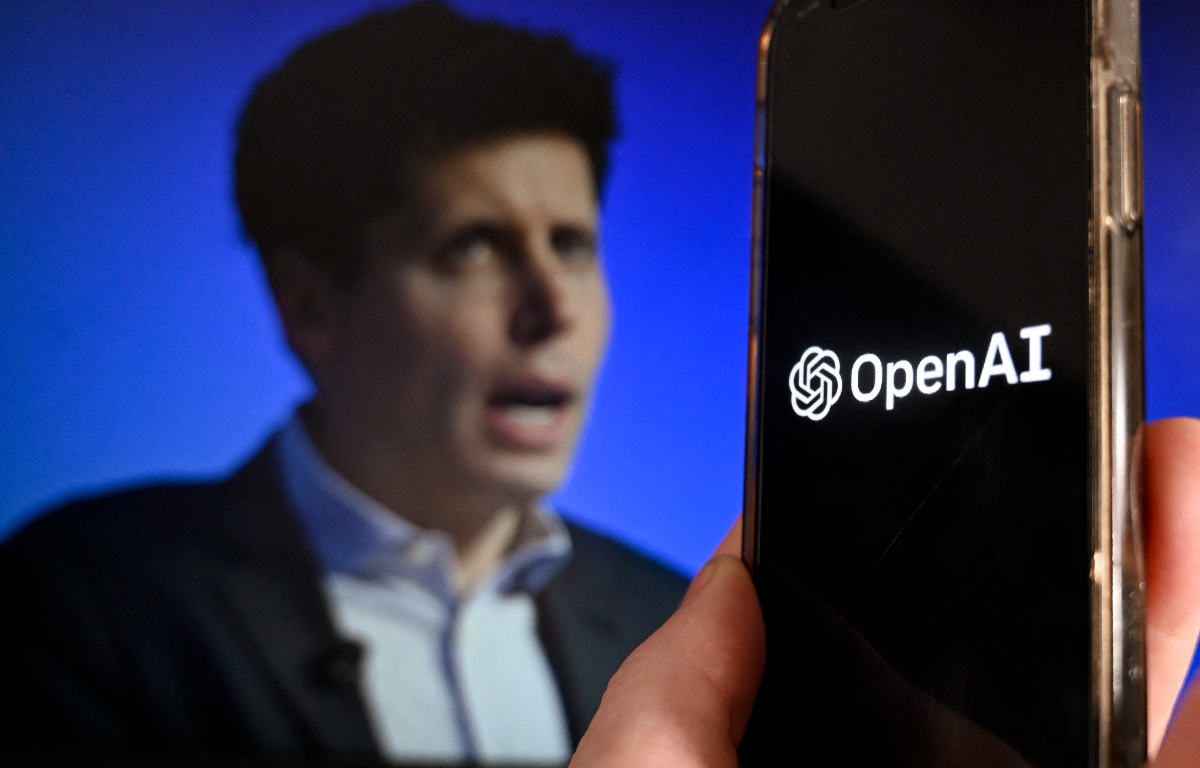|
|
 |
...when it comes to false information about individuals, there can be serious consequences.
- Maartje de Graaf, data protection lawyer at noyb
|
|
|
Welcome to Snippets! It may only be May, but four mobile carriers are already feeling the heat after the Federal Communications Commission levied a cumulative $200 million in fines—alleging the providers shared customer location data without consent.
In other news, privacy rights non-profit noyb filed a complaint against OpenAI, a new AI model and dataset is making it easier to track bitcoin laundering, Chinese propaganda units are gathering data from overseas tech companies, and more.
|
|
|
|
|
FCC fines mobile carriers $200 million
|
 |
|
The Washington Post via Getty Images
|
Four of the US’s biggest telecommunications service providers - AT&T, Sprint, T-Mobile, and Verizon - were fined a combined $200 million by the Federal Communications Commission (FCC) for sharing customer location data without consent.
|
- According to the FCC, the four carriers sold their customers’ location data to aggregators, who in turn sold it to third-party location-based service providers.
- The carriers allegedly continued their illegal data sharing practices even after the issue was brought to their attention.
- T-Mobile faces the heaviest fine, at $80 million, followed by AT&T ($57 million), Verizon ($47 million), and Sprint ($12 million), which merged with T-Mobile after the investigation began.
|
|
|
|
|
|
|
🎪 Join Transcend at the 2024 RSA Conference!
|
|
This year, Transcend is excited to be exhibiting, offering live demos, joining the Microsoft for Startups activation, and of course, learning more about how best to solve privacy and security professionals' greatest challenges!
Check out our recent guide to learn where to find us, plus how to grab some goodies to take home.
|
|
|
|
|
|
|
|
ChatGPT’s hallucinations land OpenAI in fresh trouble
|
 |
|
OLIVIER DOULIERY / AFP / Getty Images
|
OpenAI is facing a complaint filed by the Austrian privacy rights nonprofit noyb regarding ChatGPT's inability to correct the misinformation it generates about individuals.
|
- The complaint argues that OpenAI's refusal to correct misinformation and lack of transparency about data sources and processing violate GDPR rights, such as rectification and data subject access requests.
- OpenAI's previous encounter with Italy's data protection authority led to temporary shutdowns and adjustments to ChatGPT, reflecting ongoing challenges in GDPR compliance.
- Noyb is urging the Austrian data protection authority to investigate and potentially impose fines to ensure compliance, indicating a growing risk of GDPR enforcement actions against OpenAI.
|
|
|
|
|
|
|
|
AI model set to supercharge bitcoin tracking
|
 |
|
Rob Dobi/Getty Images
|
A new study, along with a vast dataset of crypto crime training data, is poised to advance the capabilities of AI tools in detecting illicit money flows across the Bitcoin economy.
|
- The study introduces a novel approach to identifying money laundering on Bitcoin's blockchain by analyzing transaction patterns between known criminal entities to cryptocurrency exchanges.
- Researchers trained an AI model using patterns of known money laundering behaviors, enabling it to spot similar activities across the blockchain.
- Stefan Savage, a computer science professor at the University of California San Diego, argues that though “the current tool doesn't seem likely to revolutionize anti-money-laundering efforts,” it may serve as an important proof of concept.
|
|
|
|
|
|
|
|
- Data breach hits 13.4 million Kaiser Permanente customers.
- Nebraska passes comprehensive data privacy law.
- What do Americans think of the TikTok ban bill?
- Exploring Utah’s Motor Vehicle Data Protection Act.
- FTC announces changes to Health Breach Notification Rule.
|
|
|
|
|
|
Chinese propaganda units gathering data overseas
|
 |
|
Lintao Zhang/Getty Images
|
Beijing's state-controlled propaganda units are collaborating with Chinese tech companies to gather targeted data on foreign users, potentially for use in misinformation campaigns.
|
- The Australian Strategic Policy Institute (ASPI) released a report detailing extensive connections between state-run propaganda groups and Chinese tech firms, indicating a coordinated effort to harvest data from popular apps used by millions of users worldwide.
- Researchers suggest that data obtained through these collaborations could provide valuable insights for targeted misinformation campaigns.
- The report calls for increased scrutiny of internet companies with ties to China's propaganda entities and highlights ongoing tensions between the US and Chinese-owned apps like TikTok.
|
|
|
|
|
|
|
|
ICO scrutinizes healthcare providers following HIV patient data breach
|
 |
|
PA Archive
|
The UK’s Information Commissioner’s Office (ICO) has imposed significant fines on organizations that disclosed the personal information of individuals living with HIV.
|
- One of the most common reasons for the data leaks has been the negligence of healthcare staff when using the blind copy function while sending mass emails.
- Since 2019, the ICO has received 19 notifications of data breaches by healthcare providers, seven of them in the last financial year, including a cyberattack at the University of Manchester that affected over one million NHS patients.
- John Edwards, the UK’s Information Commissioner, called for urgent improvements across the UK—noting “basic failures” and asking healthcare providers to move away from “low-tech solutions like spreadsheets.”
|
|
|
|
|
|
|
Follow along with Field Trips: A CPO Listening Tour 🚌
|
|
With the flowers blooming and temperatures rising, it’s hard to resist the allure of a good field trip.
So as Ron De Jesus settles into his first 90 days as Transcend’s new Field Chief Privacy Officer, we're thrilled to announce he's headed out on a series of ‘field trips’ to meet with Chief Privacy Officers across the U.S.
The goal? Listen closely and learn about their needs in the face of rapid, industry-wide change.
|
|
|
|
|
|
|
|
|
Snippets is delivered to your inbox every Thursday morning by Transcend. We're the platform that helps companies put privacy on autopilot by making it easy to encode privacy across an entire tech stack. Learn more.
|
|
|
|
You received this email because you subscribed to Snippets. Did someone forward this email to you? Head over to Transcend to get your very own free subscription! Curated in San Francisco by Transcend.
|
|